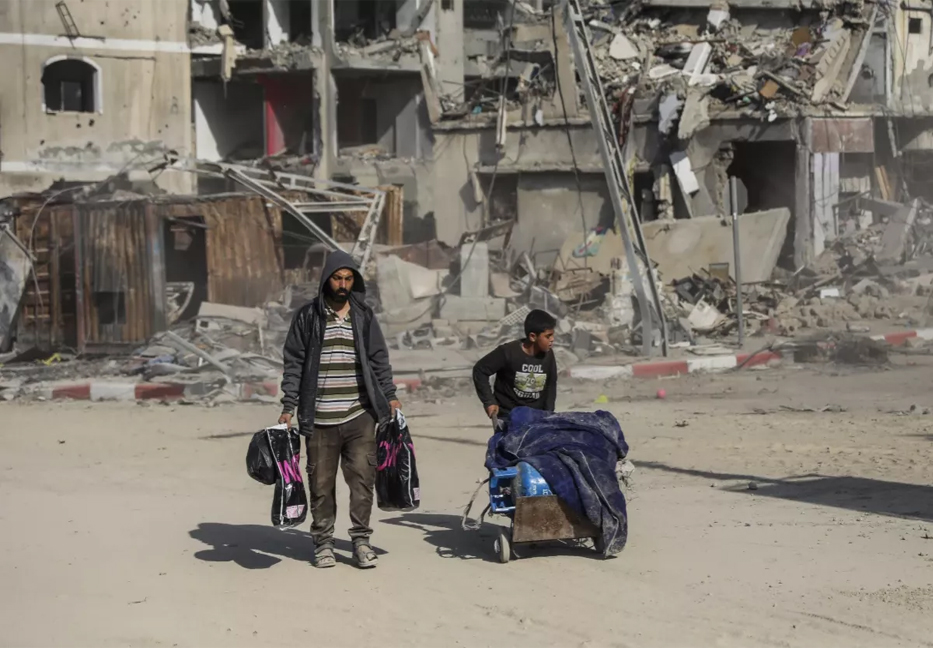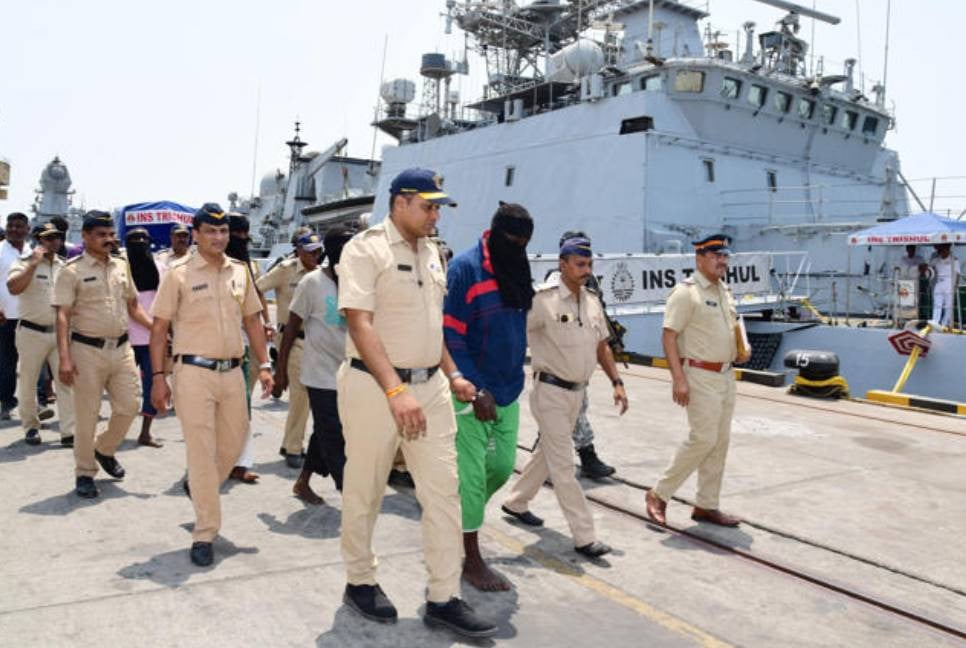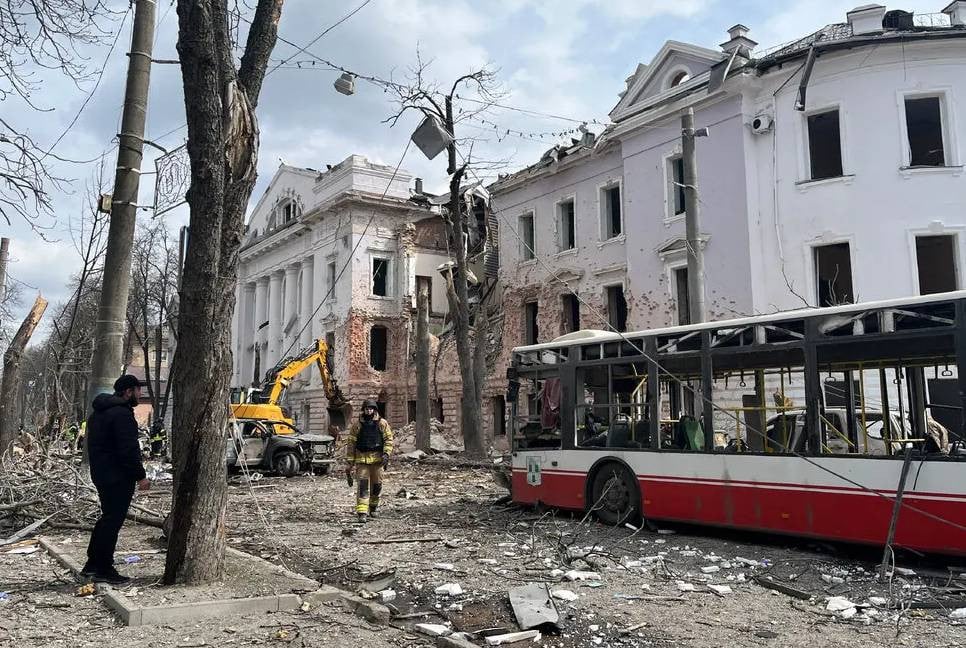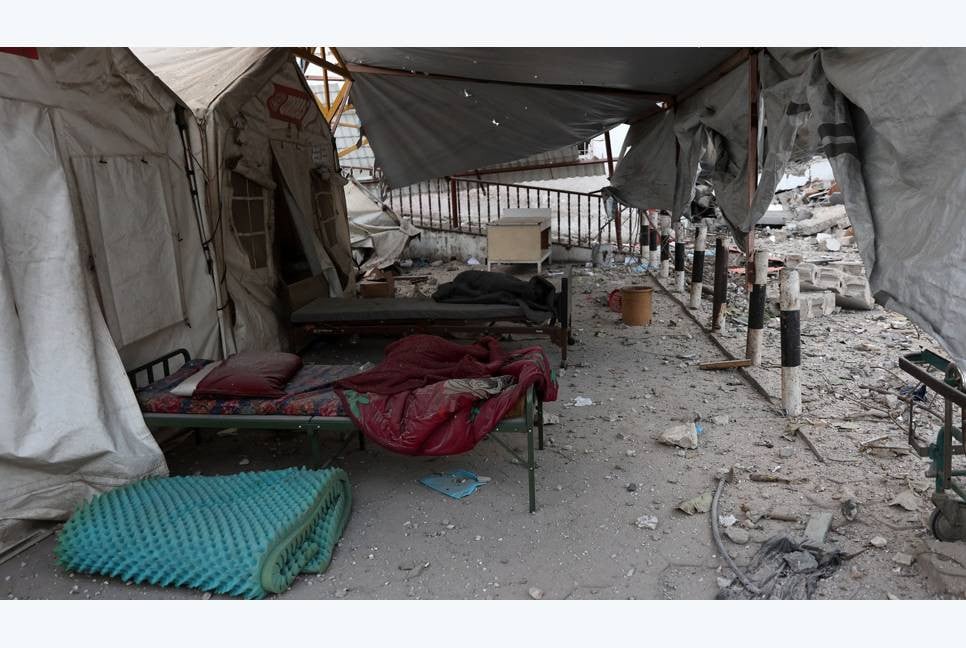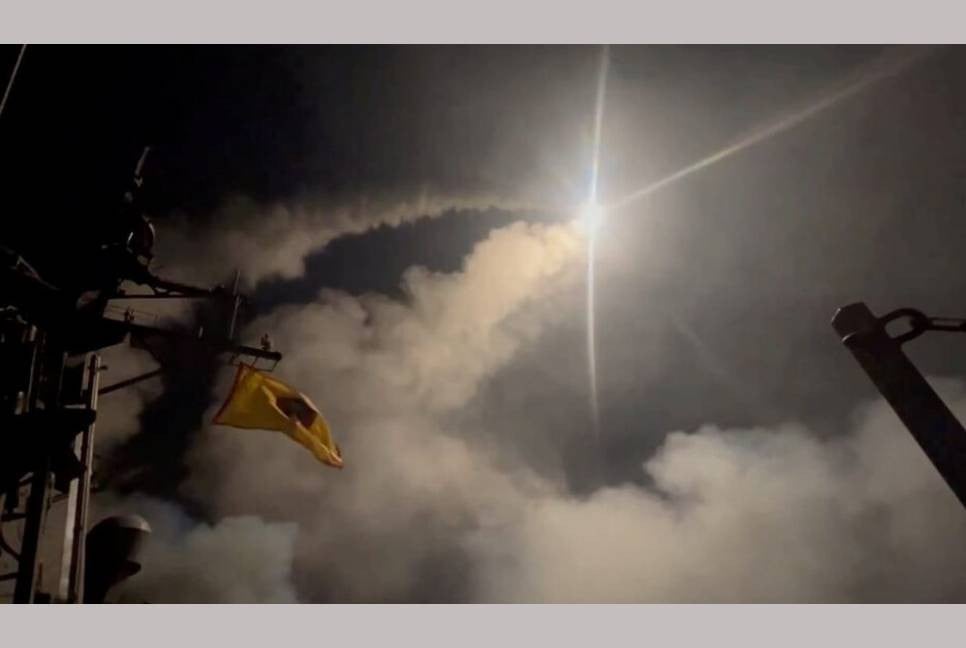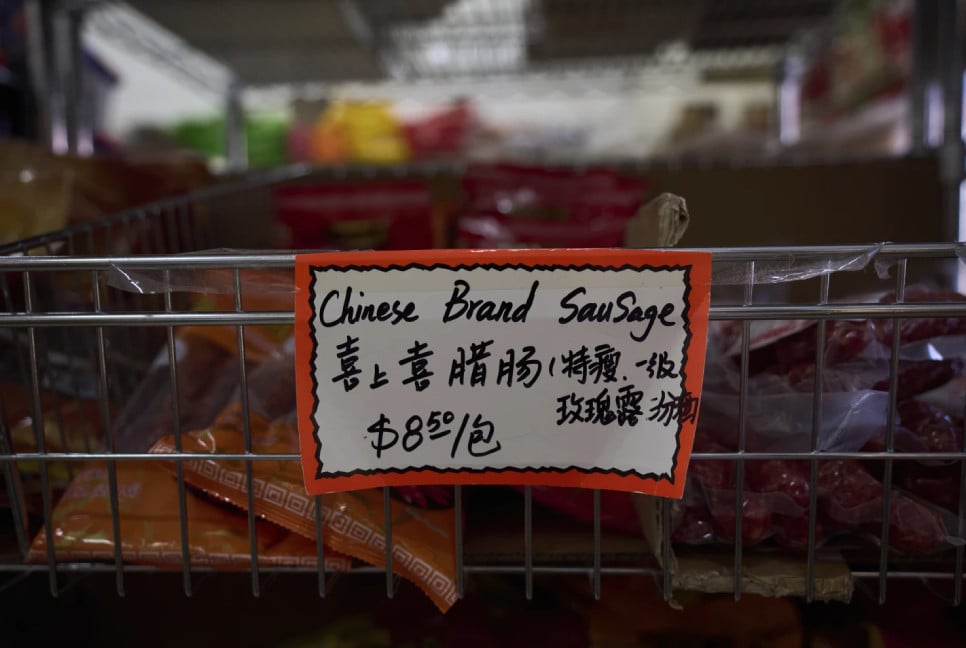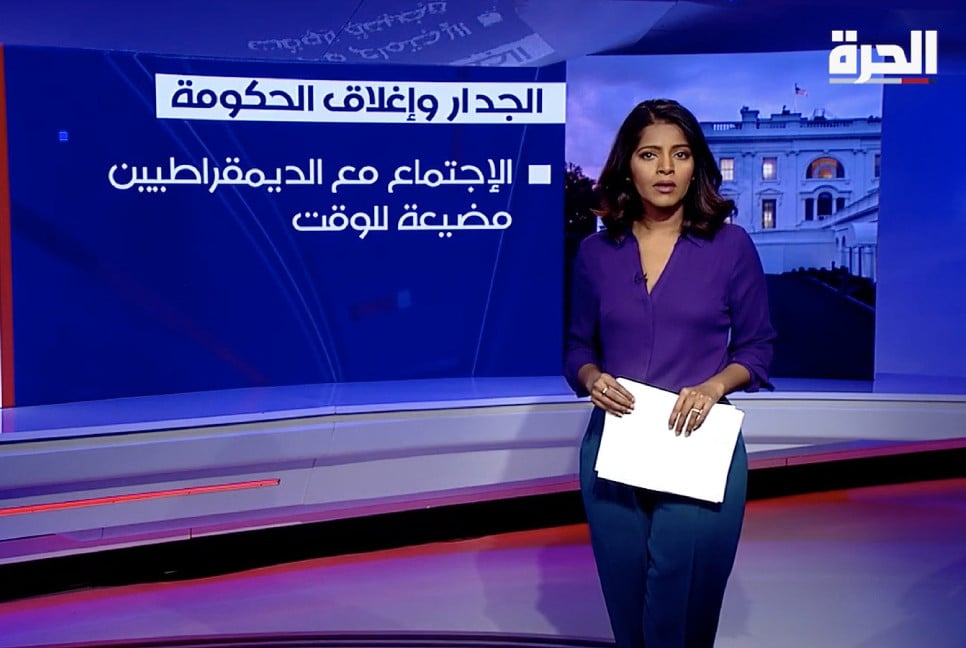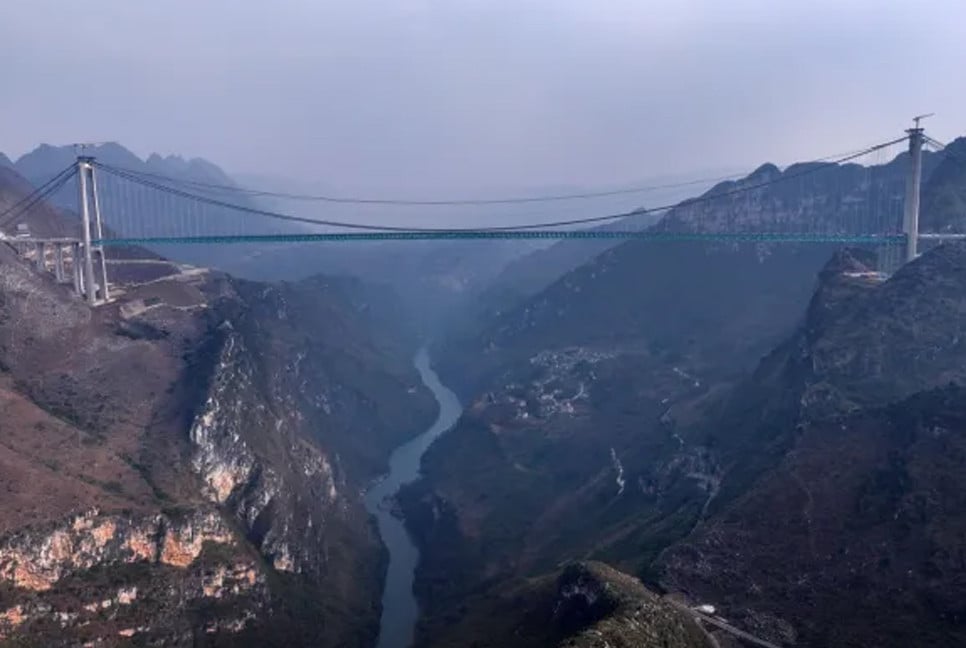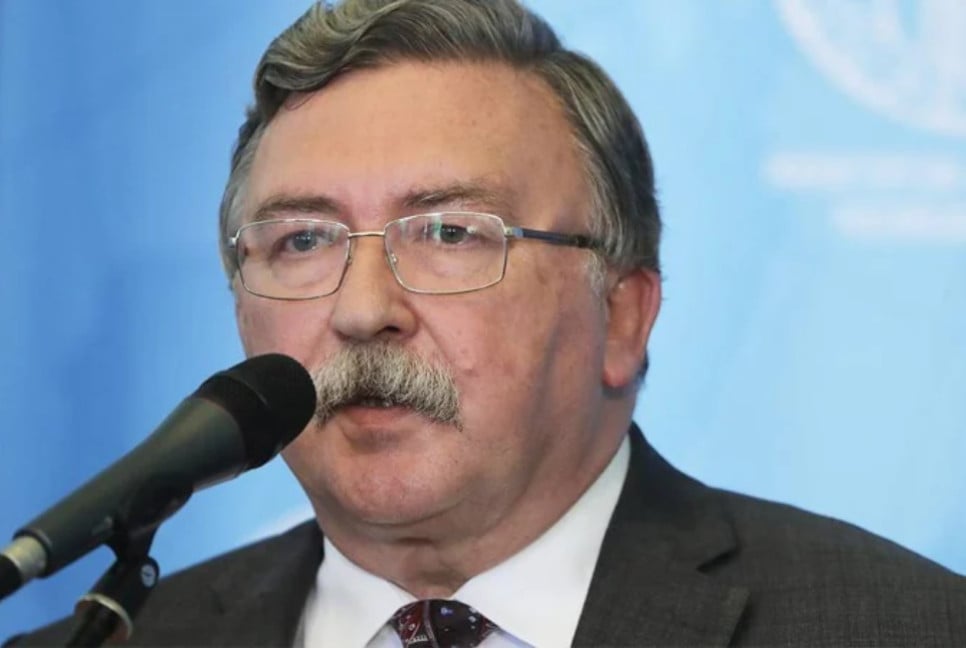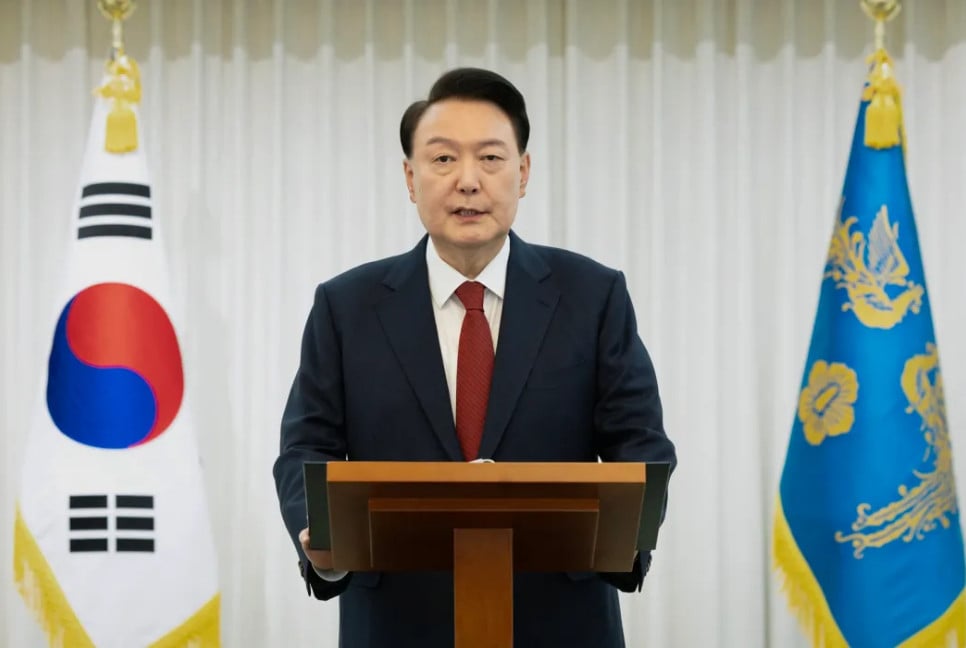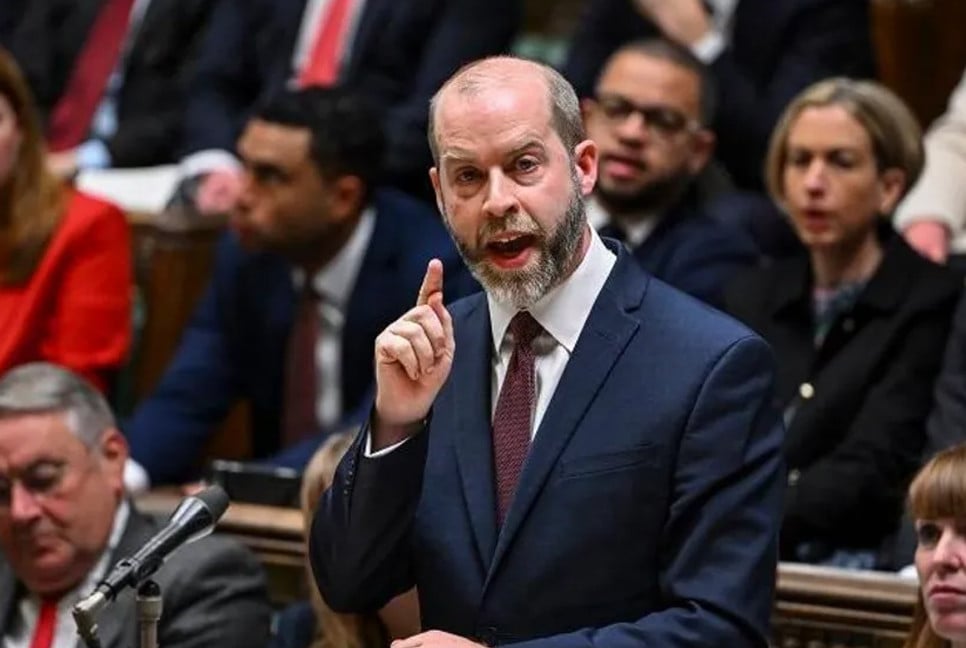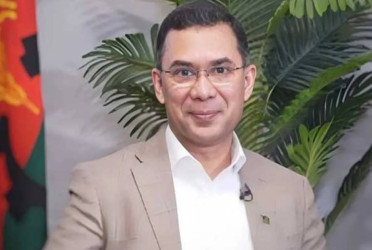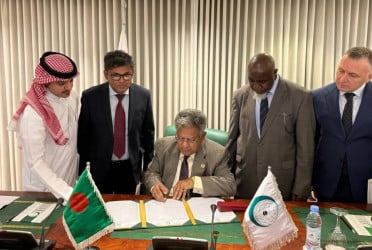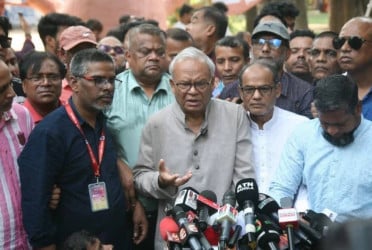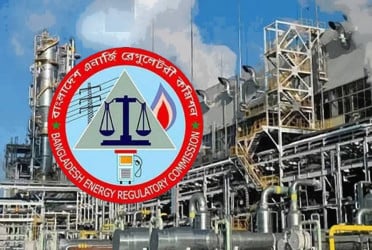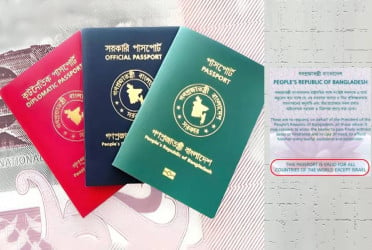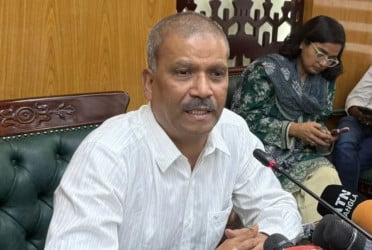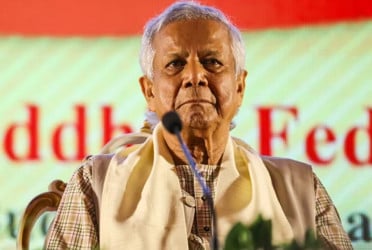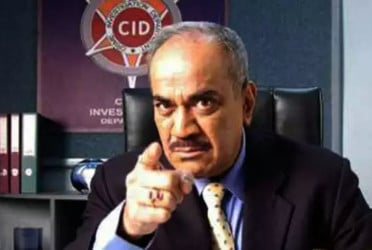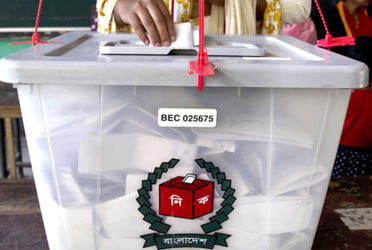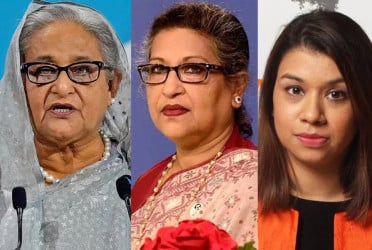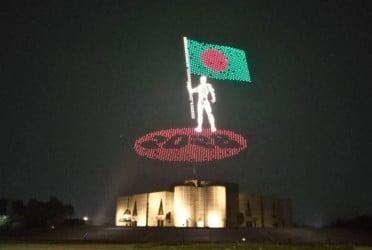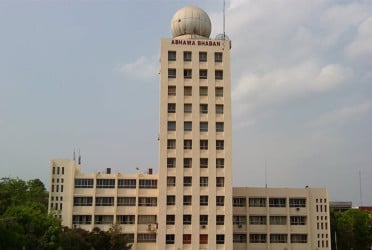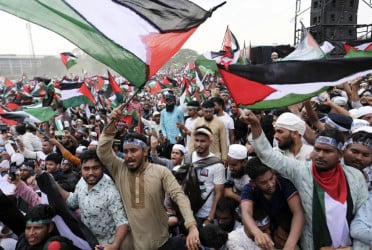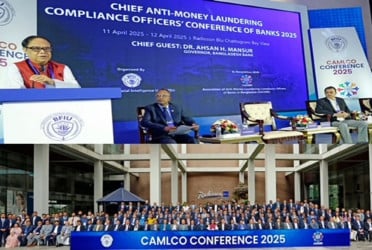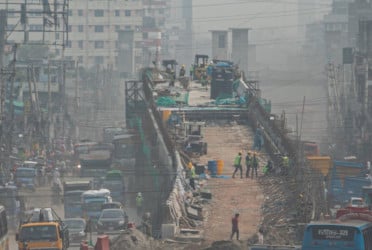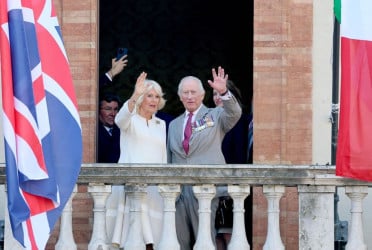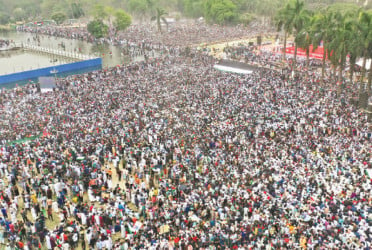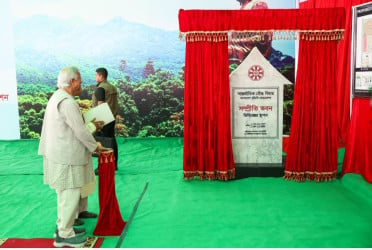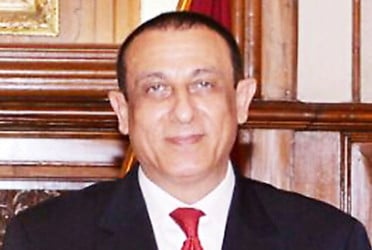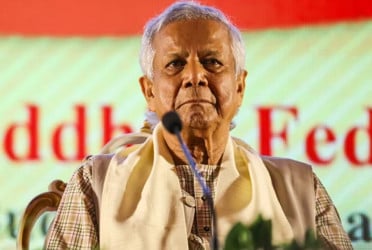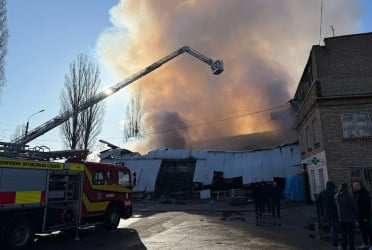Hamas on Friday released 24 hostages who had been held captive in Gaza for weeks, and Israel freed 39 Palestinians from prison in the first stage of a swap under a four-day cease-fire deal.
The freed hostages included 13 Israelis, 10 people from Thailand and one from the Philippines, according to Qatar, reports AP.
The agreement opened the way for sorely needed aid to flow into Gaza for beleaguered residents. It was also a moment of hope for families in Israel and elsewhere worried about loved ones taken captive during Hamas’ Oct. 7 attack, which triggered the war.
With the truce’s start Friday morning, Gaza’s 2.3 million Palestinians saw quiet for the first time after seven weeks of relentless Israeli bombardment, which has killed thousands, driven three-quarters of the population from their homes and flattened vast swaths of residential areas. Rocket fire from Gaza militants into Israel went silent as well.
The freed Israeli hostages included eight women — six of them in their 70s and 80s — and three children. Their release was followed in the evening by the freeing of the Palestinian prisoners — 24 women, including some convicted of attempted murder for attacks on Israeli forces, and 15 teenagers jailed for offenses like throwing stones.
But joy at the deal has been tempered — among Israelis by the fact that not all hostages will be freed and among Palestinians by the briefness of the pause. The short truce will leave Gaza mired in humanitarian crisis and under the threat that fighting could soon resume.
Israel says the cease-fire could be extended if more hostages are released, but it has vowed to resume its massive offensive once the truce ends. That has clouded hopes that the deal could eventually help wind down the conflict, which has fueled a surge of violence in the occupied West Bank and stirred fears of a wider conflagration across the Middle East.
FIRST HOSTAGES FREED
After nightfall Friday, a line of ambulances emerged from Gaza through the Rafah Crossing in Egypt, carrying the freed hostages, according to live footage on Egypt’s state-run Al-Qahera TV. Israel’s Channel 13 showed an older woman exiting an ambulance alongside young girl, then walking slowly into a building. An Egyptian medical team held another older woman’s arms as she walked.
At a plaza dubbed “Hostages Square” in Tel Aviv, a crowd of Israelis cheered as news of the release was announced. The Israeli military later confirmed that the hostages had returned to Israel and were undergoing medical checks before being moved to hospitals to be reunited with their families.
The Foreign Ministry of Qatar, which played a key role mediating with Hamas in the long negotiations over the deal, said 13 Israelis, 10 Thai and one Filipino were freed. The Thai prime minister earlier said in a tweet that 12 Thai nationals were freed. There was no immediate explanation for the discrepancy.
The plight of around 240 people taken captive during Hamas’ attack has been wrenching in Israel, raising anger among some families that the government of Prime Minister Benjamin Netanyahu was not doing enough to bring them home.
Under the deal, at least 50 are to be released, though it is not clear if the Thai and Filipino captives would be included in that count. Israeli is to free 150 Palestinian prisoners. Israel said the four-day truce can be extended an extra day for every additional 10 hostages freed.
“I’m excited for the families that are going to hug their loved ones,” Shelli Shem Tov, the mother of 21-year-old Omer Shem Tov, told Israeli’s Channel 12 at the square. “I’m jealous, and I’m sad, mostly sad that Omer is not coming home yet.”
In the West Bank, thousands gathered near the Israeli military’s Ofer Prison, awaiting the release of Palestinian prisoners, some waving Palestinian flags in celebration. Police fired tear gas to disperse the crowd.
According to the Palestinian Prisoners’ Club, an advocacy group, Israel is currently holding 7,200 Palestinians, including about 2,000 arrested since the start of the war. Israel holds many for months without charge in administrative detention. Most of those who are tried are put before military courts that almost never acquit defendants and often don’t follow due process, human rights groups say.
Bd-pratidin English/Lutful Hoque

